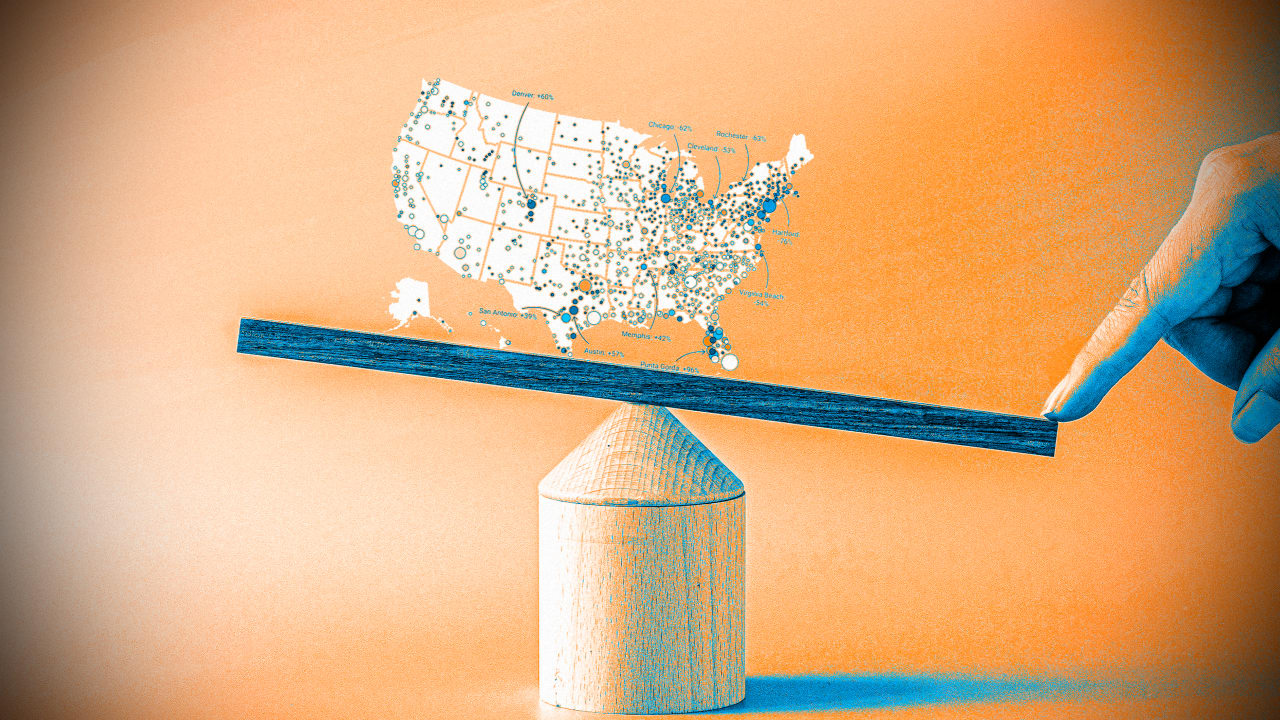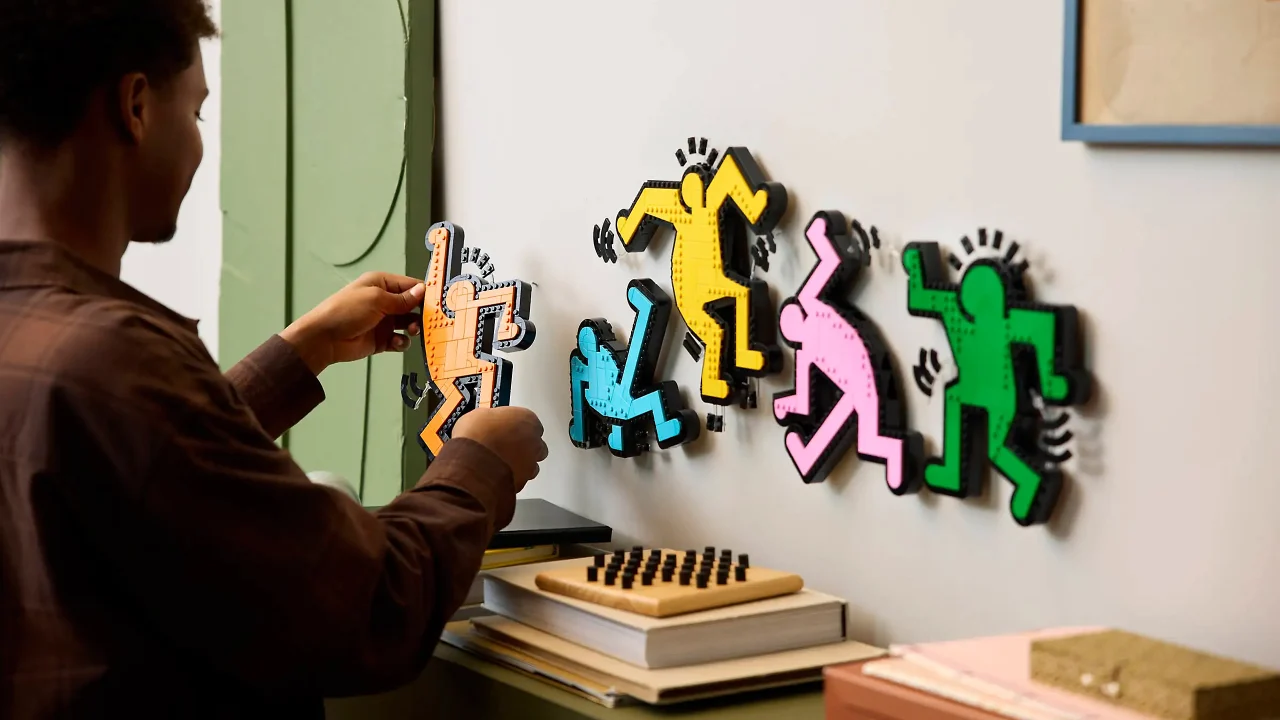The Power of Soft Skills: Why They Matter More Than Ever
In a world driven by automation, AI, and rapid digital transformation, it’s easy to assume that technical skills are the golden ticket to success. But here’s the catch—soft skills are quietly taking center stage. Yes, the ability to code, analyze data, or operate tools is valuable. But so is the ability to listen, adapt, lead, and empathize. In fact, these skills often determine how well someone can work in a team, lead others, or build lasting professional relationships. Let’s break down why soft skills are no longer “optional extras”—they're essential. What Are Soft Skills, Really? Think of soft skills as the human side of work. These include: Communication Emotional intelligence Teamwork Problem-solving Leadership Adaptability Time management They may sound simple, but mastering them takes self-awareness and consistent effort. Why Are Soft Skills So Valuable Today? Tech Evolves—People Skills Don’t Go Out of Style Technology changes rapidly. What’s trending today may be outdated tomorrow. But your ability to connect with people, lead with empathy, or manage conflict? Timeless. Remote Work Demands Clearer Communication With hybrid and remote work on the rise, strong communication, collaboration, and self-management skills are now must-haves. ** Leadership Isn’t Just About Authority** Leaders who actively listen, give constructive feedback, and genuinely care about their team build trust and loyalty. And guess what? Those are all soft skills. Customer Experience is a Soft Skill Game Whether it's solving problems or building client relationships—your ability to stay calm, think clearly, and show empathy defines the customer experience. Can Soft Skills Be Trained? Absolutely. While some people are naturally great at interpersonal dynamics, soft skills can be taught, practiced, and refined—just like any technical skill. Here’s how: Take part in workshops and training. Ask for feedback regularly. Watch how great communicators or leaders interact. Reflect on your emotional responses and how you handle conflict. Read books or watch videos that dive into communication, leadership, or emotional intelligence. ## The Bottom Line Hard skills might get your foot in the door. But soft skills? They’re what help you climb the ladder, build meaningful connections, and become someone people genuinely want to work with. So next time you're updating your resume, prepping for an interview, or investing in personal development—don’t overlook soft skills. They might just be your biggest strength. Want to explore more workplace skills or training strategies? Let’s connect or drop your thoughts in the comments!

In a world driven by automation, AI, and rapid digital transformation, it’s easy to assume that technical skills are the golden ticket to success. But here’s the catch—soft skills are quietly taking center stage.
Yes, the ability to code, analyze data, or operate tools is valuable. But so is the ability to listen, adapt, lead, and empathize. In fact, these skills often determine how well someone can work in a team, lead others, or build lasting professional relationships.
Let’s break down why soft skills are no longer “optional extras”—they're essential.
What Are Soft Skills, Really?
Think of soft skills as the human side of work. These include:
- Communication
- Emotional intelligence
- Teamwork
- Problem-solving
- Leadership
- Adaptability
- Time management
They may sound simple, but mastering them takes self-awareness and consistent effort.
Why Are Soft Skills So Valuable Today?
Tech Evolves—People Skills Don’t Go Out of Style
Technology changes rapidly. What’s trending today may be outdated tomorrow. But your ability to connect with people, lead with empathy, or manage conflict? Timeless.
Remote Work Demands Clearer Communication
With hybrid and remote work on the rise, strong communication, collaboration, and self-management skills are now must-haves.
** Leadership Isn’t Just About Authority**
Leaders who actively listen, give constructive feedback, and genuinely care about their team build trust and loyalty. And guess what? Those are all soft skills.
Customer Experience is a Soft Skill Game
Whether it's solving problems or building client relationships—your ability to stay calm, think clearly, and show empathy defines the customer experience.
Can Soft Skills Be Trained?
Absolutely. While some people are naturally great at interpersonal dynamics, soft skills can be taught, practiced, and refined—just like any technical skill.
Here’s how:
- Take part in workshops and training.
- Ask for feedback regularly.
- Watch how great communicators or leaders interact.
- Reflect on your emotional responses and how you handle conflict.
- Read books or watch videos that dive into communication, leadership, or emotional intelligence. ## The Bottom Line
Hard skills might get your foot in the door. But soft skills? They’re what help you climb the ladder, build meaningful connections, and become someone people genuinely want to work with.
So next time you're updating your resume, prepping for an interview, or investing in personal development—don’t overlook soft skills. They might just be your biggest strength.
Want to explore more workplace skills or training strategies? Let’s connect or drop your thoughts in the comments!





































































































































































![[The AI Show Episode 145]: OpenAI Releases o3 and o4-mini, AI Is Causing “Quiet Layoffs,” Executive Order on Youth AI Education & GPT-4o’s Controversial Update](https://www.marketingaiinstitute.com/hubfs/ep%20145%20cover.png)














































































































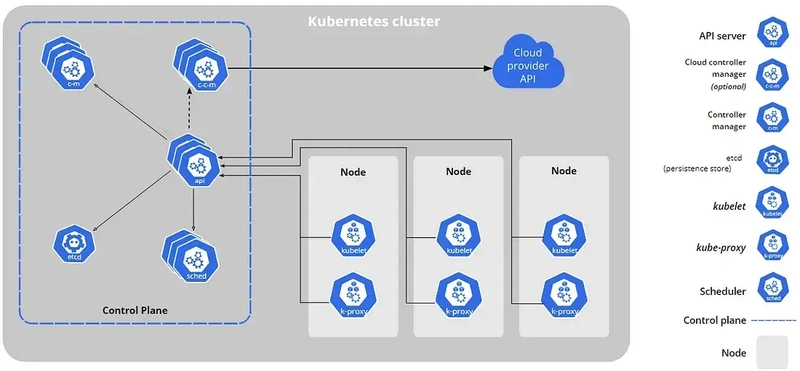













![[DEALS] Microsoft 365: 1-Year Subscription (Family/Up to 6 Users) (23% off) & Other Deals Up To 98% Off – Offers End Soon!](https://www.javacodegeeks.com/wp-content/uploads/2012/12/jcg-logo.jpg)




![From Art School Drop-out to Microsoft Engineer with Shashi Lo [Podcast #170]](https://cdn.hashnode.com/res/hashnode/image/upload/v1746203291209/439bf16b-c820-4fe8-b69e-94d80533b2df.png?#)








































































































(1).jpg?#)































_Inge_Johnsson-Alamy.jpg?width=1280&auto=webp&quality=80&disable=upscale#)


















































































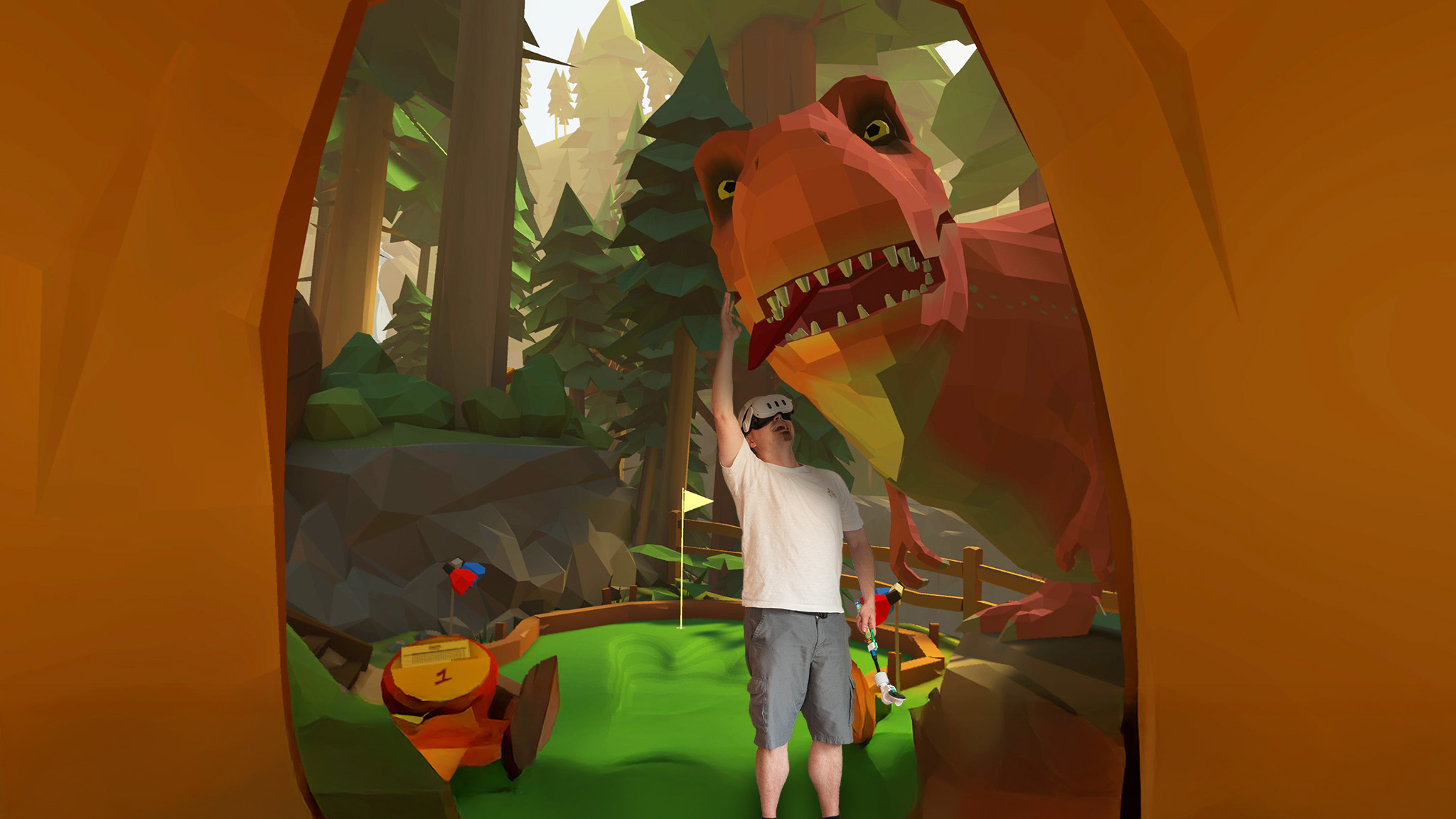
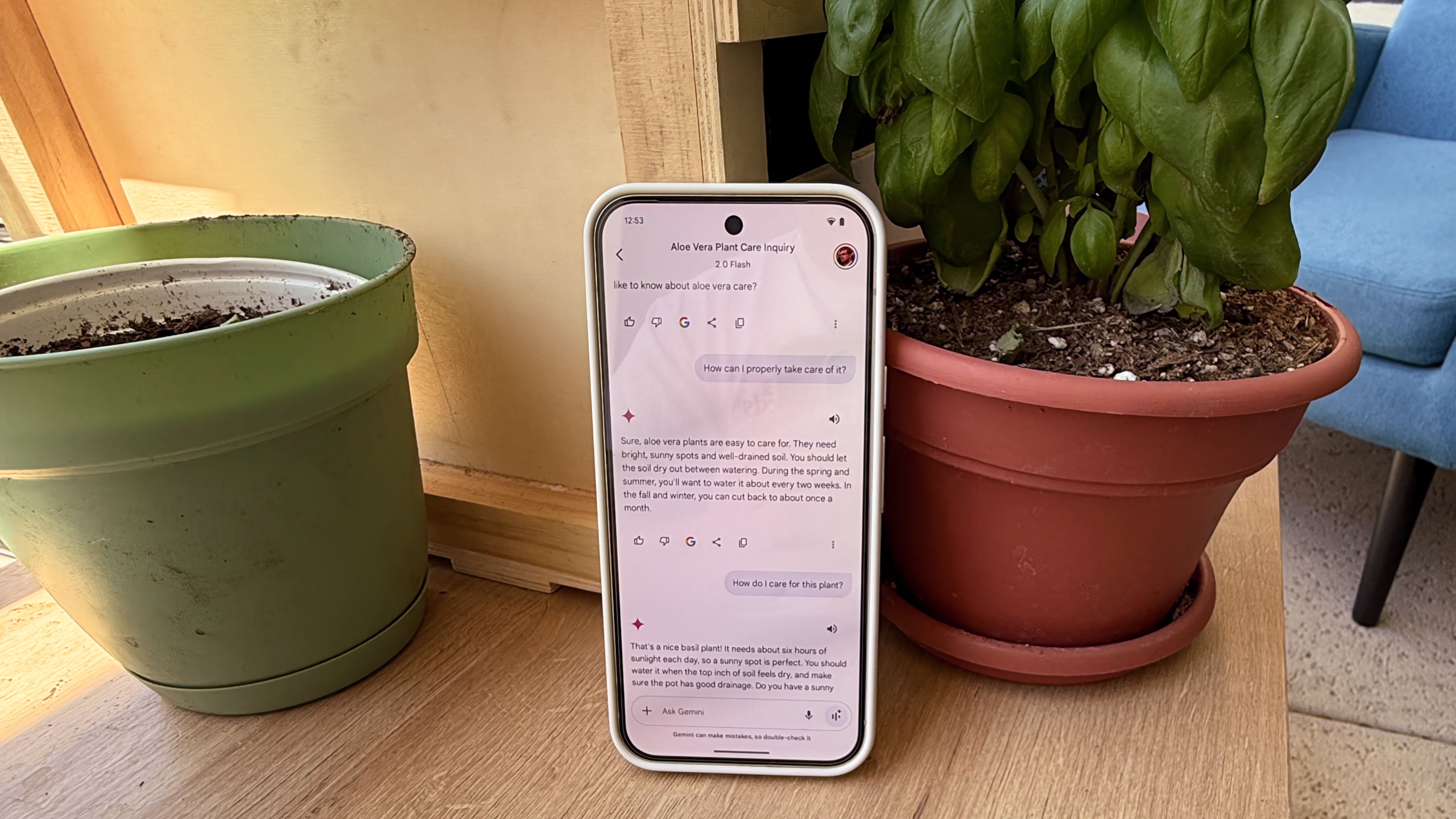

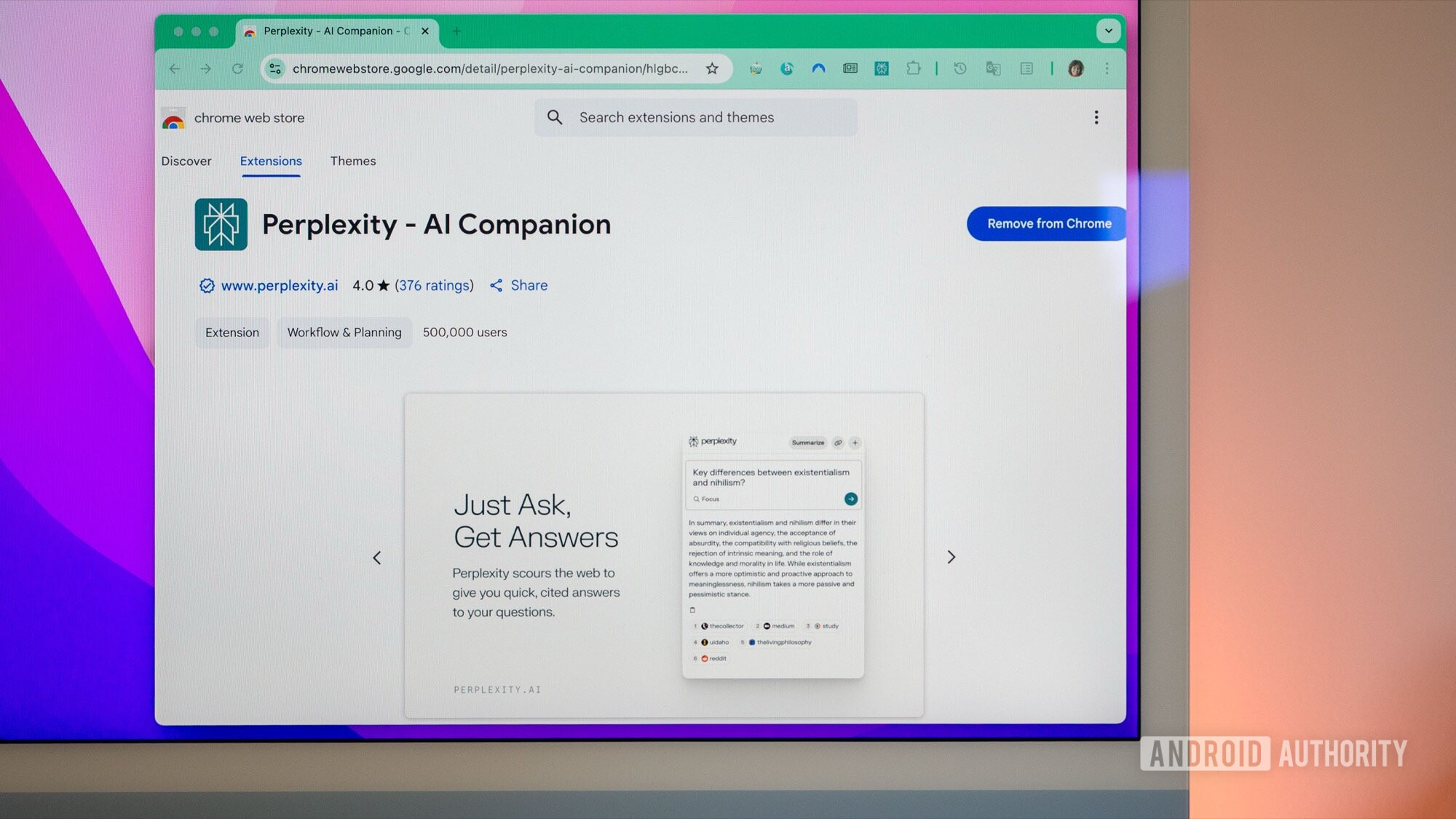






















![Apple to Split iPhone Launches Across Fall and Spring in Major Shakeup [Report]](https://www.iclarified.com/images/news/97211/97211/97211-640.jpg)
![Apple to Move Camera to Top Left, Hide Face ID Under Display in iPhone 18 Pro Redesign [Report]](https://www.iclarified.com/images/news/97212/97212/97212-640.jpg)
![Apple Developing Battery Case for iPhone 17 Air Amid Battery Life Concerns [Report]](https://www.iclarified.com/images/news/97208/97208/97208-640.jpg)
![AirPods 4 On Sale for $99 [Lowest Price Ever]](https://www.iclarified.com/images/news/97206/97206/97206-640.jpg)

































![[Updated] Samsung’s 65-inch 4K Smart TV Just Crashed to $299 — That’s Cheaper Than an iPad](https://www.androidheadlines.com/wp-content/uploads/2025/05/samsung-du7200.jpg)












































